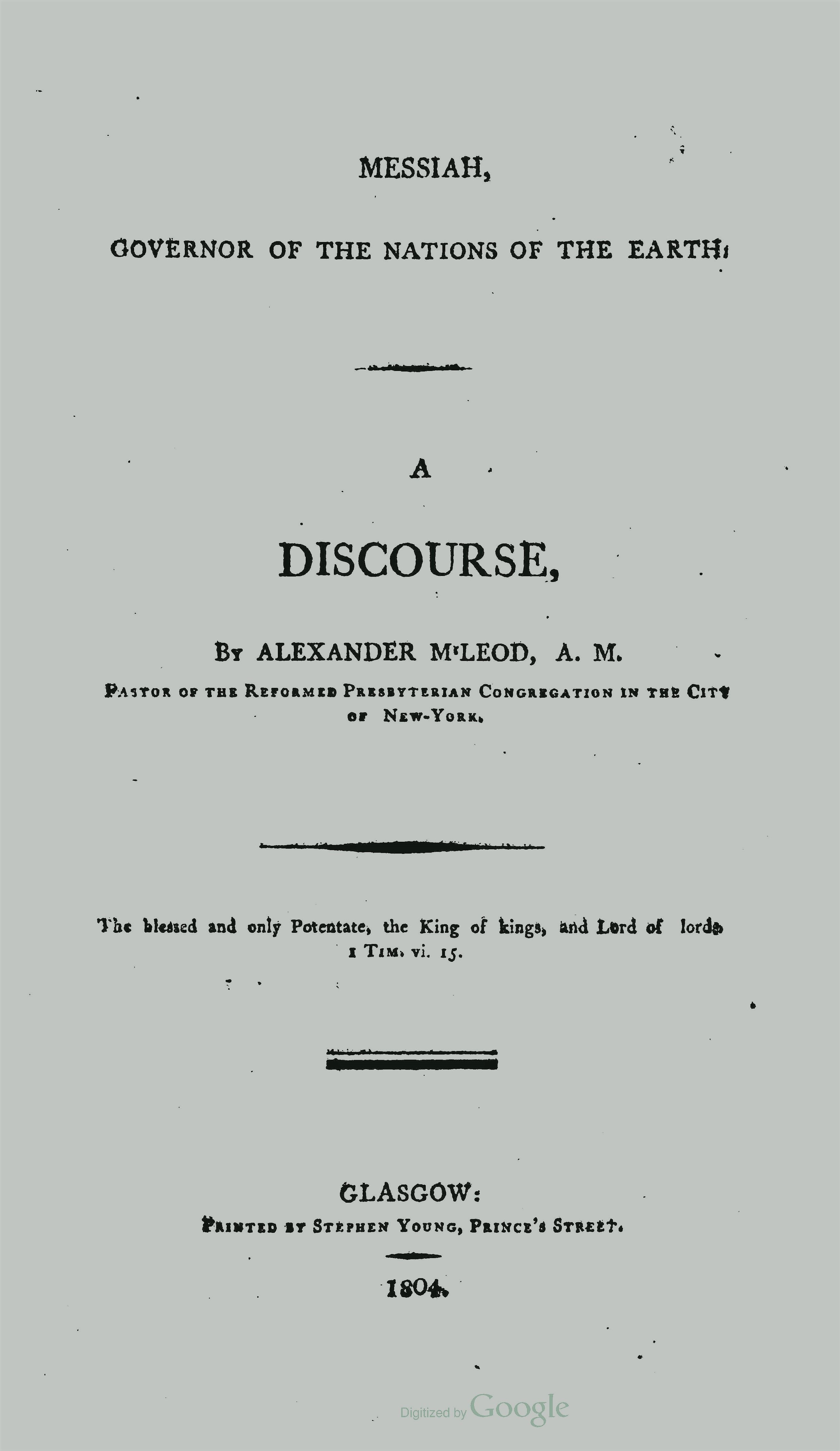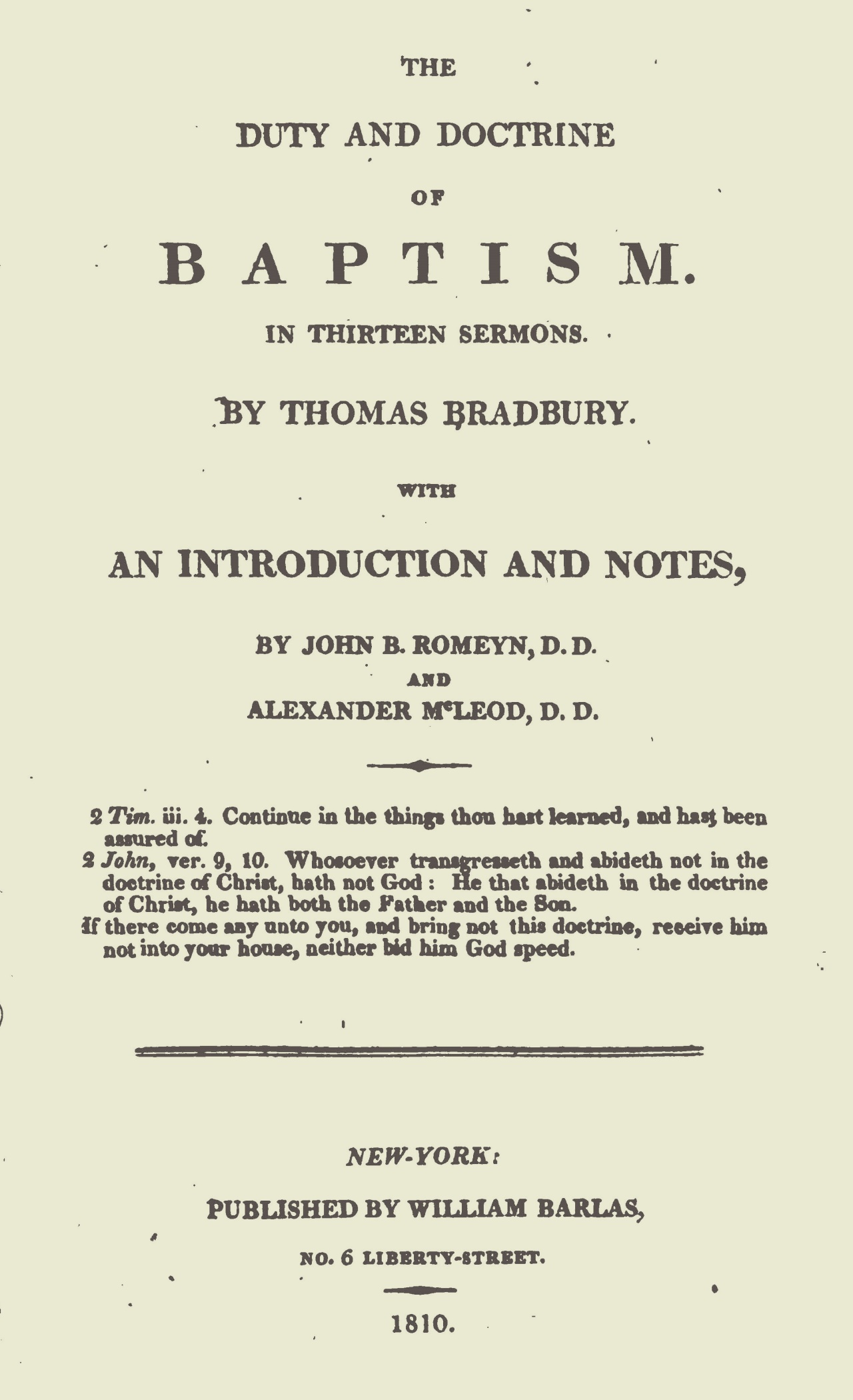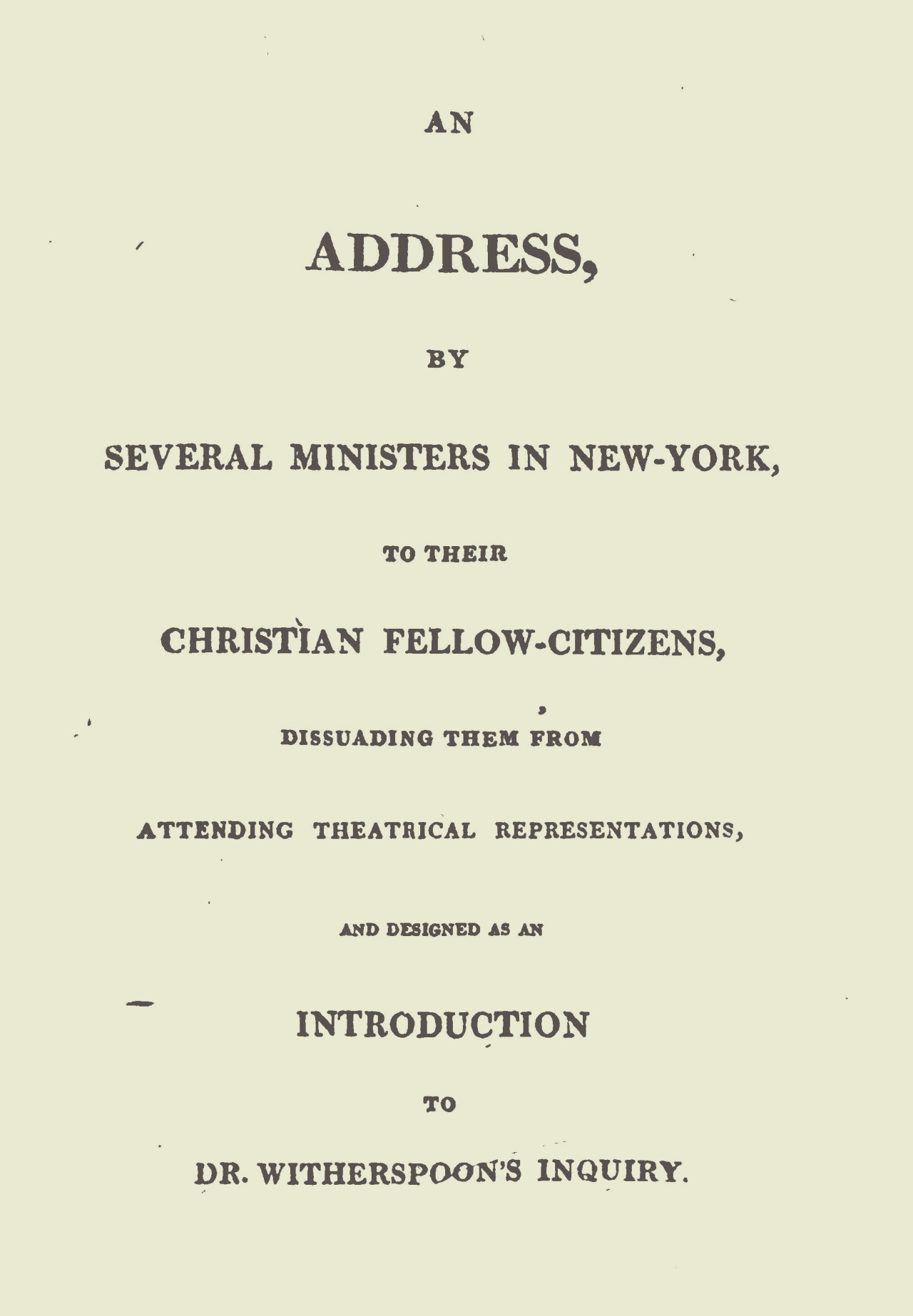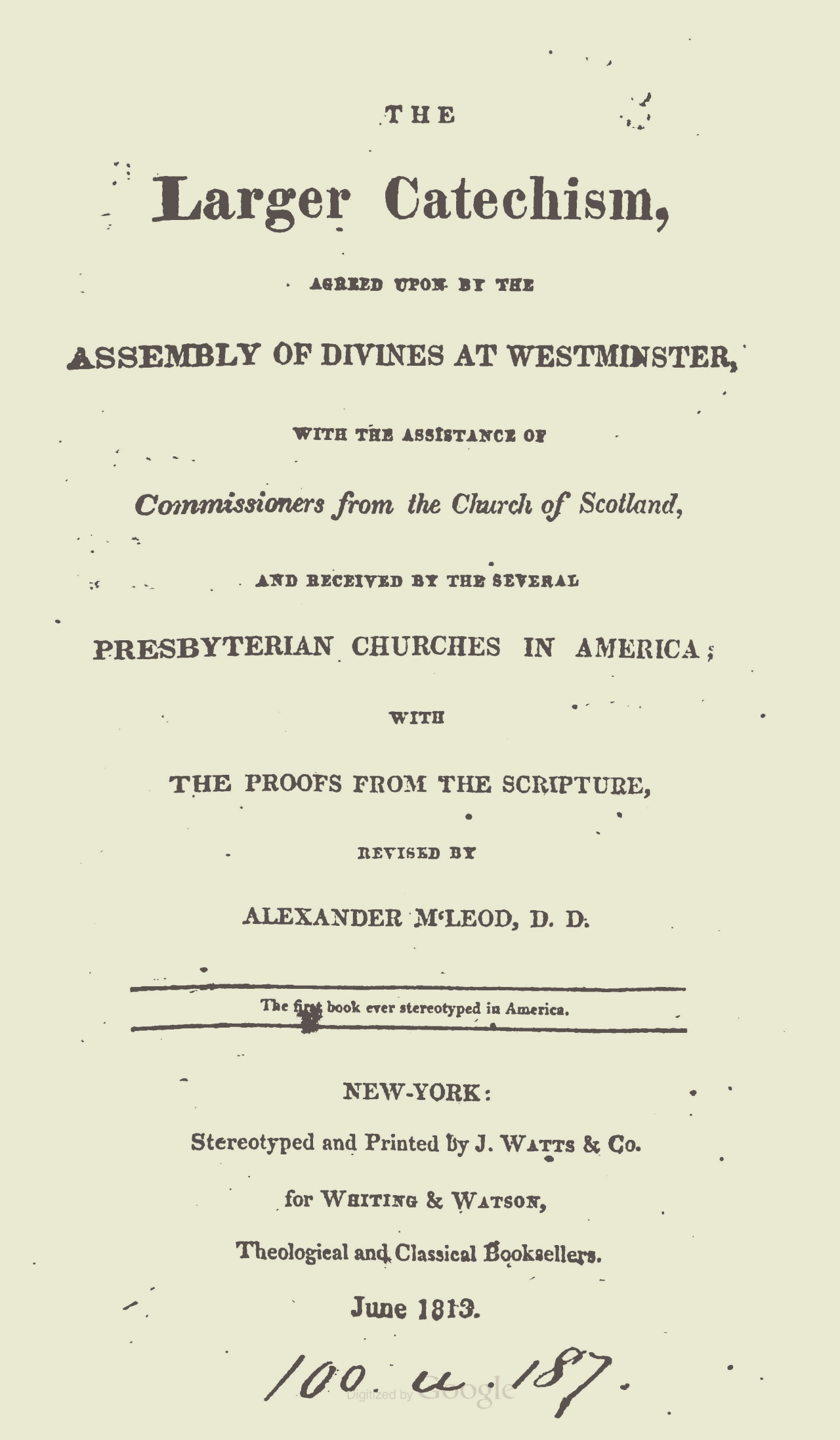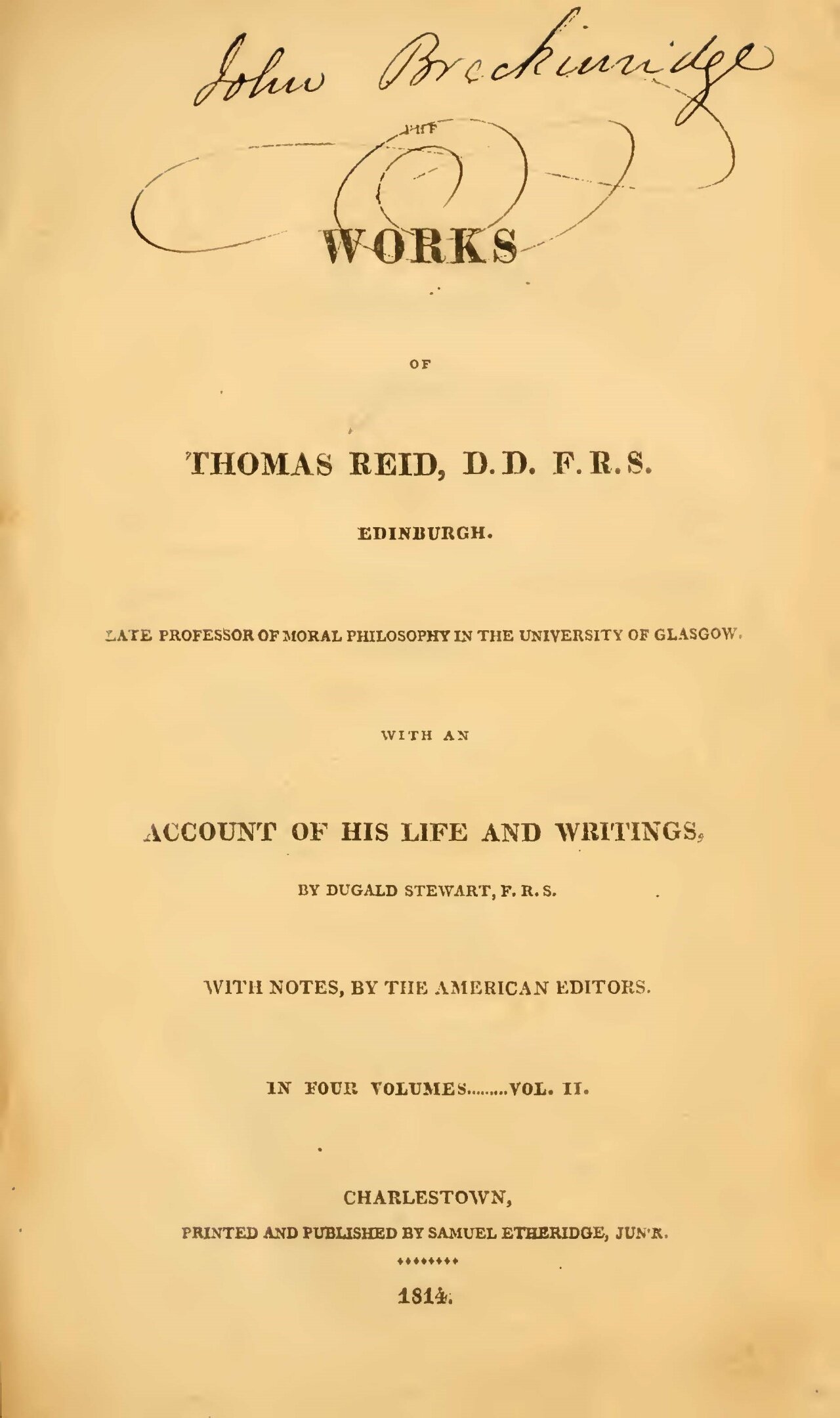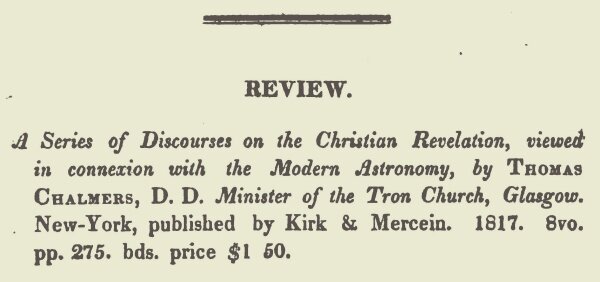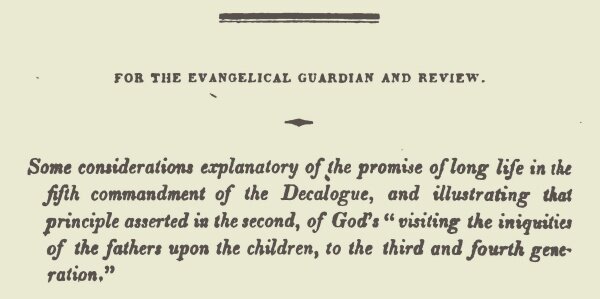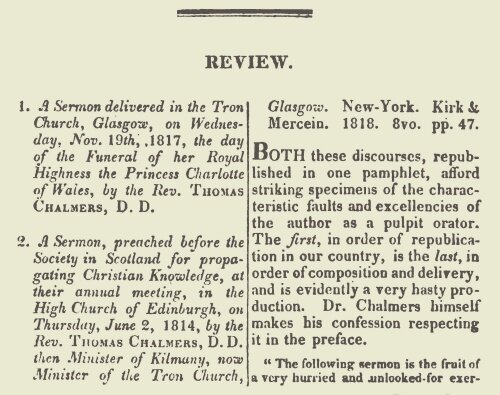Alexander McLeod (1774-1833)
Alexander McLeod served as pastor of the Coldenham Reformed Presbyterian Church (presently-known as Coldenham-Newburgh RPC) in Walden, New York from 1801 to 1803.
Alexander McLeod (foreground) is buried with his son John Niel McLeod (background) at Green-Wood Cemetery, Brooklyn, New York.
Negro Slavery Unjustifiable (1802)
Negro Slavery Unjustifiable (1802, 1860)
Negro Slavery Unjustifiable (1802, 1863)
Messiah, Governor of the Nations of the Earth (1803, 1804)
The Ecclesiastical Catechism (1806)
The Ecclesiastical Catechism (1806, 1831)
The Doctrine of the Atonement (1810)
Introduction to Thomas Bradbury’s The Duty and Doctrine of Baptism (1810)
1810 Annual Report of the New-York Bible Society (1811)
The Works of Thomas Reid, Vol. 1 (1813)
The Works of Thomas Reid, Vol. 2 (1814)
Lectures Upon the Principal Prophecies of the Revelation (1814)
Lectures Upon the Principal Prophecies of the Revelation (1814, 1844)
A Scriptural View of the Character, Causes, and Ends of the Present War (1815)
The Works of Thomas Reid, Vol. 3 (1815)
The Works of Thomas Reid, Vol. 4 (1815)
Recommendatory Note to William Secker, The Nonsuch Professor (1815, 1888)
The Life and Power of True Godliness (1816)
The Life and Power of True Godliness (1816, 1845)
Constitution of the American Colonization Society (1816, 1820)
Review of Gardiner Spring on Election (1817)
Review of Two Pamphlets Related to the Hopkinsian Controversy (1817)
Review of the Episcopal Controversy (1817)
The Divinity of the Saviour Proved From the Nature of the Mediatorial Office (1817)
Review of Thomas Chalmers on Astronomy (1817)
Review of a Defense of Hopkinsianism in the Presbyterian Church (1817)
Review of Two Sermons by Thomas Chalmers (1818)
The Scriptures the Supreme Judge of Religious Controversy (1818)
Brief Statement of the Evidences and Uses of Divine Revelation (1818)
Man a Religious as Well as a Rational Creature (1819)
Address to the Christian Public by a Committee of the Board (1822)
Present Suffering and Future Glory (1822)
Remarks on the Providence of God (1822)
Review of Dr. Kidd and Professor Stuart (1823)
Review of Strong on the Plague of 1822, in New-York (1823)
Draft of a Covenant and League (1830, 1831)
Christ a Surety For Sinners (1831)
Jesus and the “Tribute Money” (1831)
The American Christian Expositor, Vol. 1 (1831-1832)
A Voyage Over the Atlantic (1831-1832)
A Letter to the Coldenham Congregation (1831-1832)
Act, Declaration and Testimony of Alexander McLeod (1832, 1855)








